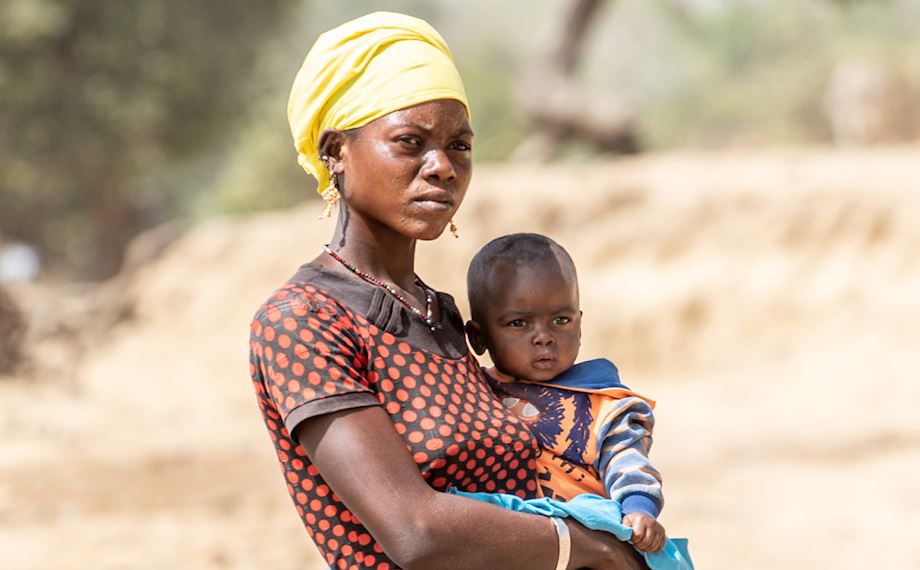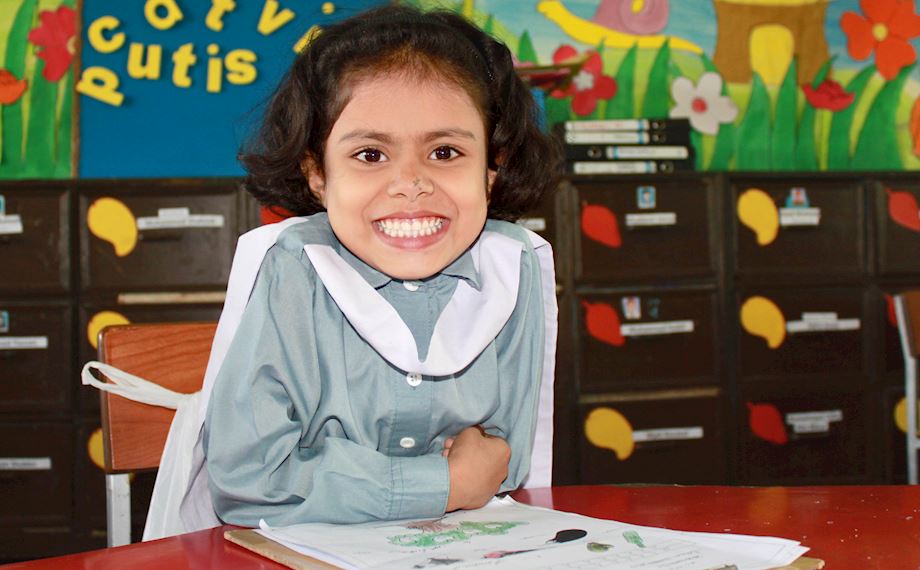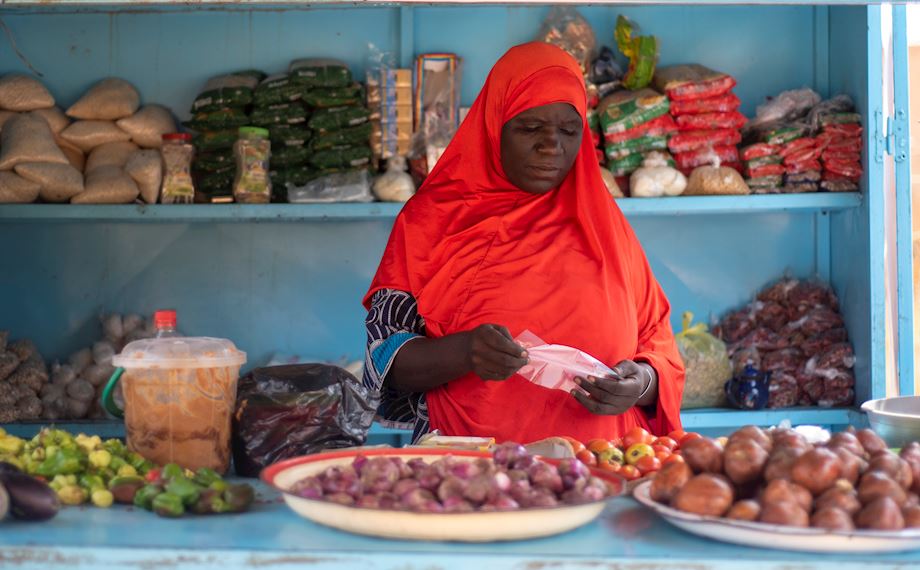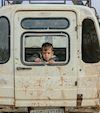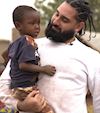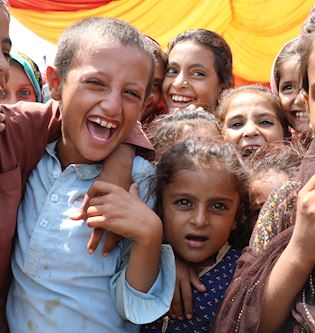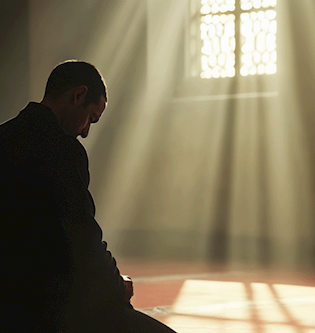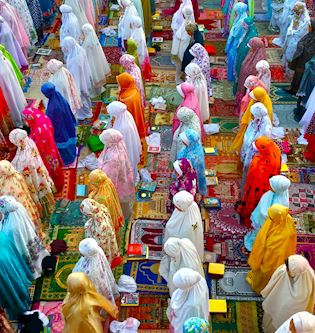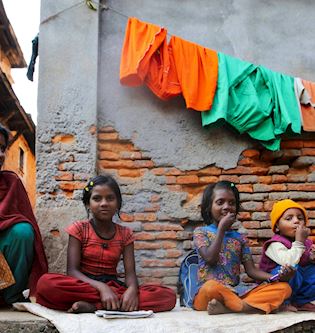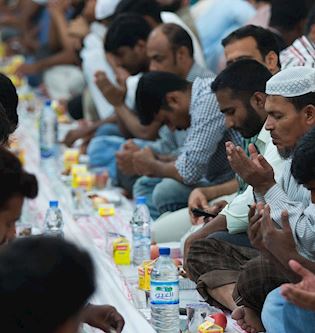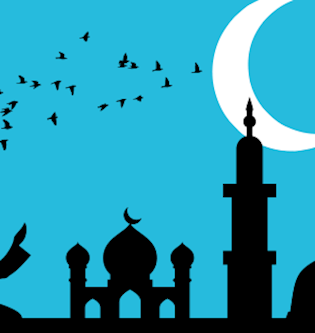Her Roots, Her Revolution: Honoring African Women and Girls
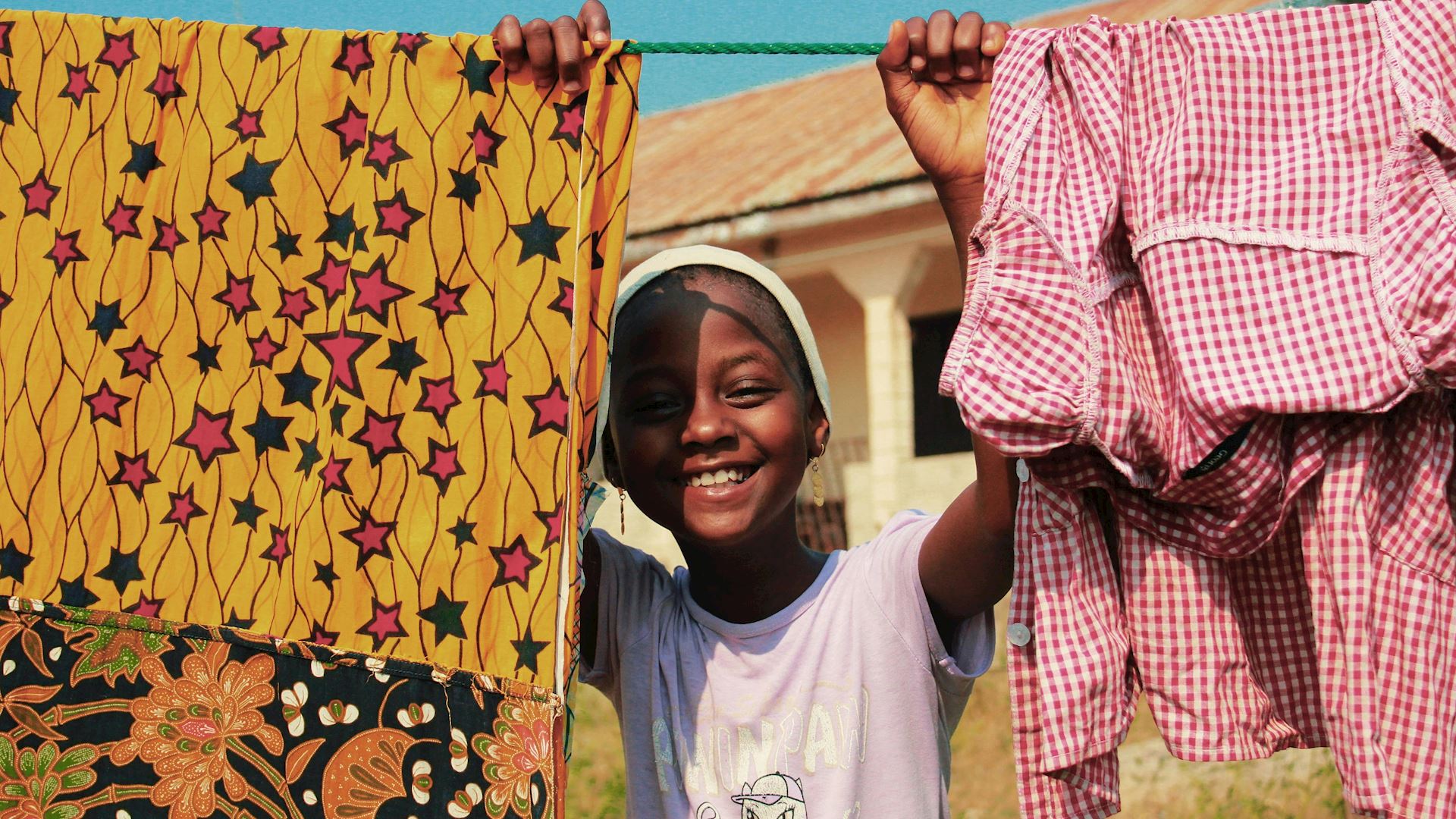
Every year on July 25, we observe the International Day of Women and Girls of African Descent – a day dedicated to honoring the resilience, strength, and contributions of African women and girls. This day was established by the United Nations General Assembly through Resolution 75/274, acknowledging the ongoing systemic inequalities and historical injustices faced by women and girls of African descent.
What is the Significance of this Day?
By celebrating the achievements of African women, this day empowers them to reclaim their narratives and inspires future generations to thrive. Very often, Africa is referred to as a monolith. Chimamanda Ngozi Adichie, in her TED Talk 'The Danger of a Single Story,' explains that “The single story creates stereotypes, and the problem with stereotypes is not that they are untrue, but that they are incomplete. They make one story become the only story.”
Women and girls of African descent represent diversity, not only in Africa, but across the world. Reducing Africa to a single story does a disservice not only to its nations but to the women leading, innovating, and resisting across the continent. From the matriarchal societies of West Africa to the female freedom fighters of Southern Africa, African women are challenging patriarchal gendered norms in Africa and abroad.
Economic Inequality
According to the United Nations (UN), women make up 58% of Africa's self-employed population, a clear indicator of their economic involvement. Yet, despite this high participation, they earn 34% less than men, revealing a substantial gendered income gap. Despite their contributions, they are often excluded from formal economic opportunities due to the lack of access to education, credit, and land ownership.
Gender-Based Violence
In 2023, the UN reported that an estimated 21,700 African women and girls were intentionally killed, most by intimate partners or family members. Alarmingly, around 60% of these femicides (the gender-based killing of women) were committed by someone known to the victim. This highlights the urgent need for stronger protections and transformative social change to end gender-based violence across the continent. In addition, thousands more African women and girls fall victim to human trafficking each year, driven by poverty, armed conflict, along with systemic lack of protection, further leading to exploitation, abuse, and trauma.
Lack of Political Parity
According to the UN, women’s overall gender equality score (a measurement of how fairly resources, opportunities, and rights are distributed between genders) in Africa is just 50.3%, and political representation remains especially low, with only 24.4% of parliamentary seats held by women in 2023. The UN projections suggest that gender parity in political leadership is not expected until 2063. The Former President of Malawi, Joyce Banda, said: “The seeds of success in every nation on Earth are best planted in women and children.”
This highlights the urgent need to advocate for inclusive governance, where the voices of African women are not only heard but also fully represented.
Maternal Health Disparities
African women face inequality with regard to healthcare, as maternal mortality rates reflect one of the most alarming disparities worldwide. The UN reports that African women are 130 times more likely to die from pregnancy or childbirth-related complications than their counterparts in Europe or North America. This highlights the critical gap in access to quality maternal healthcare across the continent. It shows the urgent need for increased investment in reproductive health services, infrastructure, and education.
Get Involved
At Muslim Hands Canada, we work closely with African women and girls to learn about their unique challenges, tailoring our programs and initiatives so that they are culturally sensitive and gender inclusive. Our Motherkind initiatives focus on maternal health and nutrition to reduce pregnancy-related risks. We provide postnatal and prenatal care, along with kits for newborns across various impoverished regions in Africa.
Additionally, you can support African girls that are orphans by providing them with education and essentials, along with inclusive care in an empowering environment.
In many African communities, women and girls are the ones who usually collect water. Learn about our sustainable water projects to improve access to water in remote African villages.
For those of you interested in volunteering, join us in Mali, Africa this October for 8 days of transformative work, where you’ll make a lasting impact and improve the lives of women and girls. You’ll be able to see our work in action and be inspired by stories of resilience. Learn more: Volunteer in Africa
From Awareness to Impact
The International Day of Women and Girls of African Descent is a call to action. It reminds us to confront systems of inequality and advocate for economic empowerment, political representation, safety, and reformed healthcare systems for African women and girls. True progress begins when awareness leads to action.





